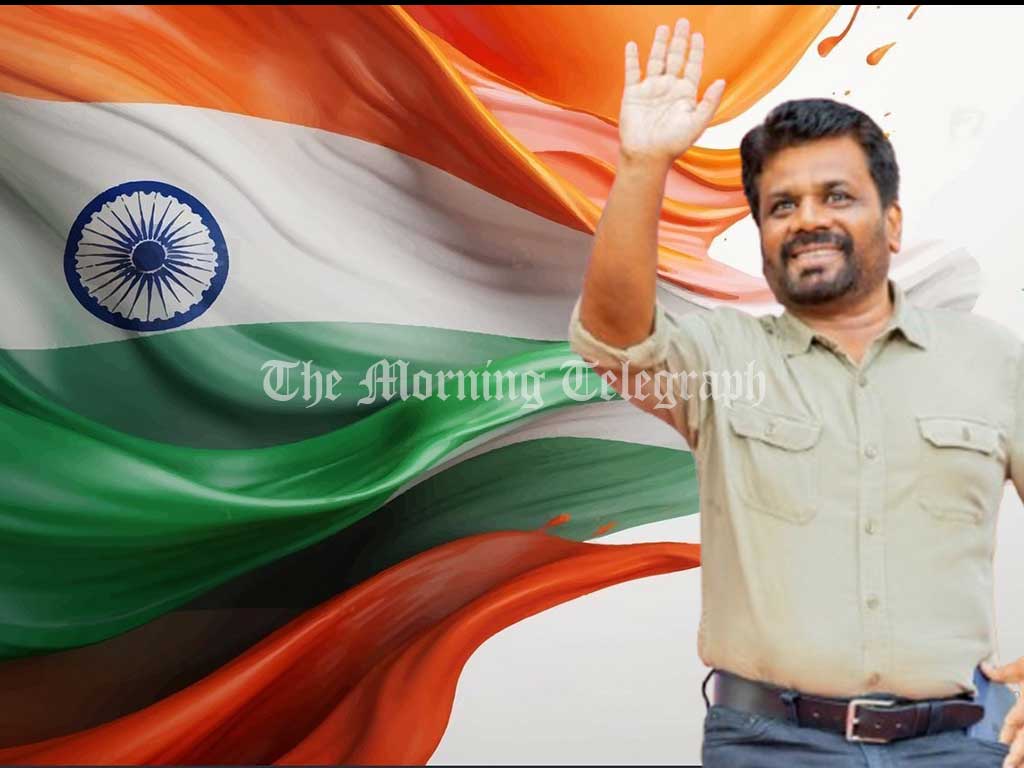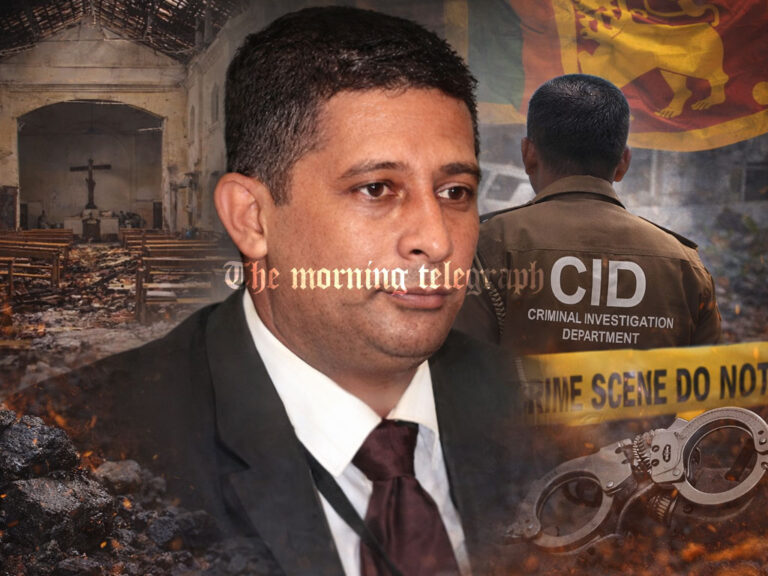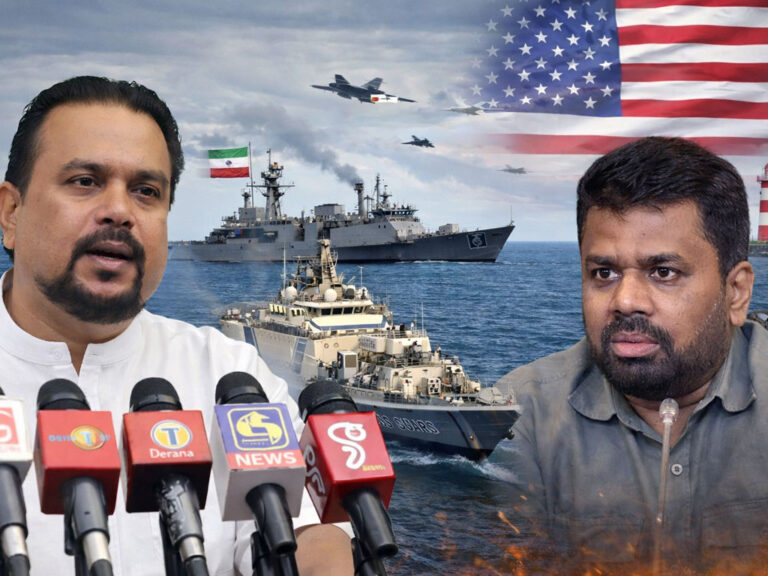
President Anura Kumara Dissanayake, on a three-day official visit to India, held pivotal bilateral discussions with Indian Finance and Corporate Affairs Minister Nirmala Sitharaman, External Affairs Minister Dr. S. Jaishankar, and National Security Advisor Shri Ajit Doval at the ITC Maurya Hotel in New Delhi on December 15. The talks focused on strengthening bilateral ties and fostering collaboration across economic, diplomatic, and security sectors.
Economic Collaboration with Finance Minister Sitharaman
During his meeting with Finance Minister Nirmala Sitharaman, President Dissanayake discussed strategies to enhance economic cooperation between India and Sri Lanka. The dialogue explored expanding bilateral investment opportunities, increasing the influx of Indian tourists to Sri Lanka, and identifying areas for collaboration in agricultural modernization and digital infrastructure development. Both sides emphasized the importance of creating investment-friendly frameworks to attract Indian businesses to Sri Lanka’s economic sectors, including technology, renewable energy, and manufacturing.
Minister Sitharaman also proposed new avenues for financial support and assistance, highlighting India’s willingness to back Sri Lanka’s recovery efforts in light of its economic challenges. The discussion underscored India’s pivotal role in fostering regional economic stability and growth.

Strategic Engagement with External Affairs Minister Dr. S. Jaishankar
In discussions with External Affairs Minister Dr. S. Jaishankar, President Dissanayake focused on leveraging India’s vast market to assist Sri Lanka’s economic recovery. The meeting highlighted key areas such as tourism, energy partnerships, and sustainable development projects. Dr. Jaishankar reiterated India’s commitment to supporting Sri Lanka in rebuilding its tourism sector, which has been a vital economic driver for the island nation.
The fisheries industry, a sensitive issue in Indo-Sri Lanka relations, was also addressed. Both leaders explored measures to ensure sustainable fishing practices while minimizing disputes, particularly concerning territorial waters. They further discussed initiatives to strengthen national unity in Sri Lanka, with India offering insights from its own experiences in managing diversity and regional cooperation.

Security Talks with National Security Advisor Shri Ajit Doval
National Security Advisor Shri Ajit Doval met with President Dissanayake to discuss regional security and stability. The conversation highlighted the importance of collaboration in combating shared challenges, such as maritime security, counter-terrorism efforts, and preventing organized crime in the Indian Ocean region. The leaders emphasized maintaining open communication channels and increasing joint security operations to safeguard the interests of both nations.
President Dissanayake acknowledged India’s strategic importance in regional stability and highlighted Sri Lanka’s readiness to collaborate on security initiatives. Shri Doval assured India’s continued support in addressing these challenges, noting the mutual benefits of a stable and secure South Asia.

Key Delegation Members Present
The Sri Lankan delegation accompanying the President included Minister of Foreign Affairs, Overseas Employment, and Tourism Vijitha Herath, and Minister of Labour and Deputy Minister of Economic Development Professor Anil Jayantha Fernando. The delegation played an active role in discussions, further enhancing the scope of cooperation between the two nations.
Significance of the Visit
President Dissanayake’s visit comes at a critical juncture, as Sri Lanka seeks to rebuild its economy following severe financial and social crises. The bilateral discussions reflect the growing strategic importance of Indo-Sri Lankan ties and underline India’s role as a key partner in Sri Lanka’s recovery and long-term development goals.
The talks, which covered a broad spectrum of areas from economic collaboration to security and diplomatic engagement, signal a deepening partnership between the two nations. These discussions set the stage for future agreements that could benefit both countries and reinforce their shared commitment to regional stability and prosperity.




